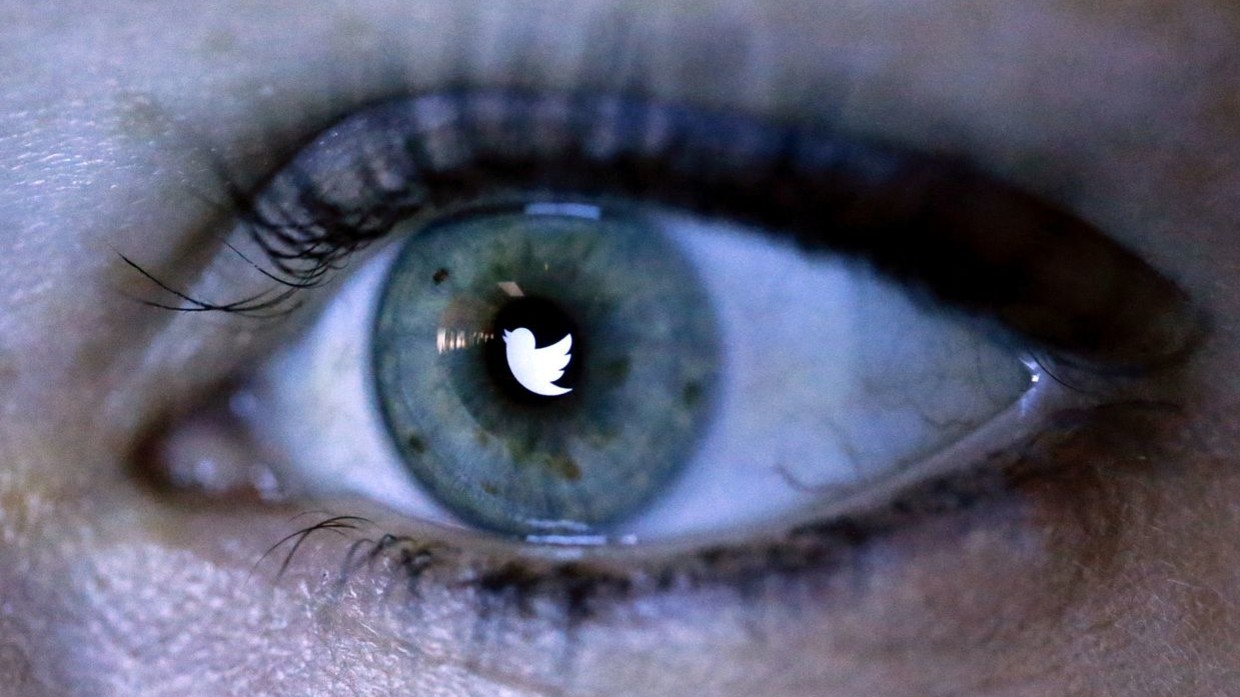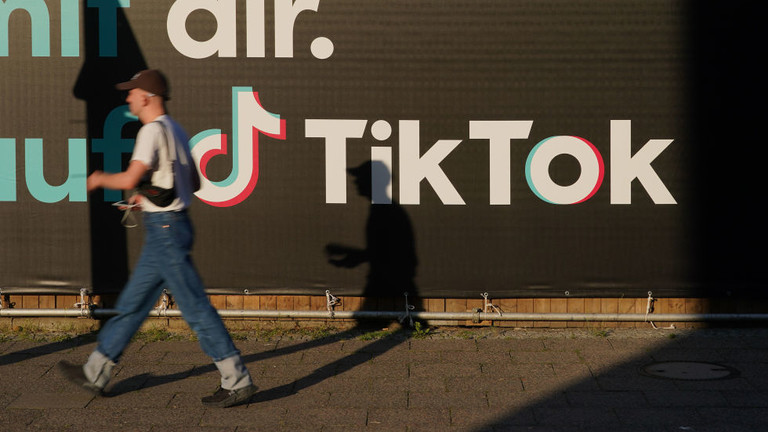Twitter will now notify some users whenever they’re about to post a reply using “harmful” language. On a platform that’s already been pilloried for enforcing its rules haphazardly, the plan will surely offend potential offenders.
According to the social media giant, users on iOS who hit ‘send’ on a reply – be it a reasoned argument or a tirade of abuse – will receive a notification if Twitter determines their message “uses language that could be harmful.”
The experiment began on Tuesday, and will run for several weeks.
Explaining the decision, Twitter took a motherly tone. “When things get heated, you may say things you don’t mean,” the firm said in a tweet on Tuesday. “To let you rethink a reply, we’re running a limited experiment on iOS with a prompt that gives you the option to revise your reply before it’s published if it uses language that could be harmful.”
Twitter will not provide a list of what it considers “language that could be harmful.” However, a peek at the company’s hateful conduct policy reveals a long list of potential no-nos. Twitter forbids abuse targeted at “women, people of color, lesbian, gay, bisexual, transgender, queer, intersex, asexual individuals, marginalized and historically underrepresented communities.” This abuse can include anything from the direct threat of violence, down to “inciting fear,” and further down to “slurs, tropes or other content.”
The direct threat of violence is a federal crime under section 18 of the US Code. However, Twitter’s enforcement of its policy on “slurs and tropes,” for instance, has been enforced arbitrarily in the past, and the company has been heavily criticized for this.
Conservatives in the US have raged at Twitter for seemingly targeting the right, and just last year the company was sued for $250 million for allegedly ‘shadow banning’ right-wingers.
Yet even feminists have fallen foul of the company’s prohibition on “misgendering.” Last year, feminist journalist Meghan Murphy accused the company of mounting “a concerted attack on women’s free speech,” after she found herself banned for addressing transgender women as “he.”
InfoWars polemicist Alex Jones was one of the more prominent right-wing figures to find himself banned from Twitter in recent years, yet his supporters were left dumbfounded when Nation of Islam leader Louis Farrakhan was allowed to remain active after a tweet comparing Jews to “termites.” The tweet itself was only pulled from the site a year later.
Even CEO Jack Dorsey admitted last March that his company was “way too aggressive” in policing conservative speech on the platform.
Those who feel like they’ve been banned unfairly have little option for recourse. “Harmful language” is not a concept enshrined in the law, and only recently did “words are violence”replace“sticks and stones may break my bones, but words will never hurt me” as the mantra we tell our children. Twitter is free to take whatever position it likes in the debate, and enforce its rules as it sees fit. It did this 584,000 times in the first six months of last year alone, targeting more than half a million accounts under its hateful conduct policies.
It is unclear what will happen to users who disregard Twitter’s polite reminder to police their language. Twitter has not indicated whether those who go ahead and press ‘send’ will be instantly banned, or have their tweets flagged for review. Yet it’s almost certain that Twitter won’t usher in a peaceful online utopia by cajoling its users into cleaning up their language.
In all likelihood, it’ll just invite more conservative criticism, more accusations of bias, and more lawsuits.
Think your friends would be interested? Share this story!





 FINANCE12 months ago
FINANCE12 months ago
 NEWS12 months ago
NEWS12 months ago
 FINANCE12 months ago
FINANCE12 months ago
 FINANCE12 months ago
FINANCE12 months ago
 WAR12 months ago
WAR12 months ago
 NEWS12 months ago
NEWS12 months ago
 NEWS12 months ago
NEWS12 months ago
 NEWS12 months ago
NEWS12 months ago





























































